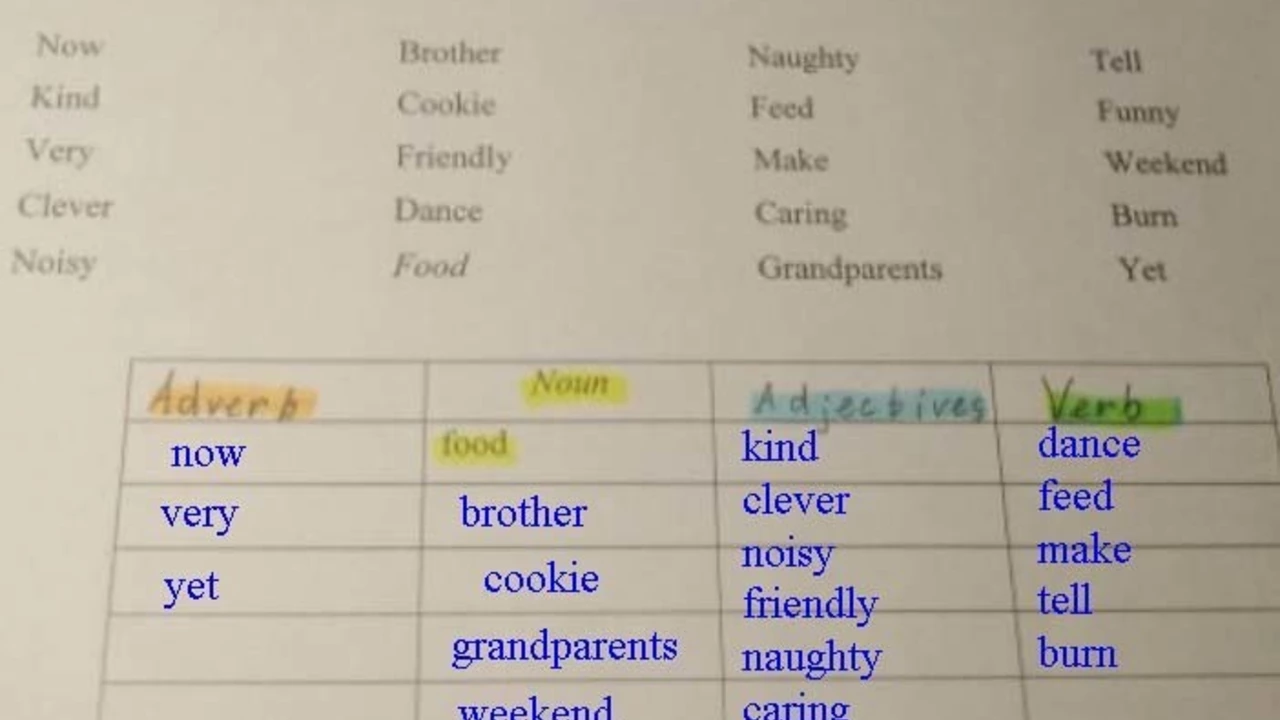Whoa! Hold your horses, folks! For the fourth time in just two short years, the Centre has given a thumbs down to the collegium's pick for a judge in J&K. I mean, is it just me or is this starting to feel like a high-stakes game of musical chairs, but for judges? It's a real-life courtroom drama happening right before our eyes! But hey, let's keep the faith and hope for a hefty gavel of justice to strike soon!
What a J&K Judge Actually Does
If you’ve ever wondered who decides the big legal battles in Jammu & Kashmir, it’s the judges. They sit in the High Court and district courts, hear cases, and hand down rulings that affect everything from land disputes to human rights. Their job isn’t just about reading law; they have to balance the facts, the law, and the people’s lives.
Unlike lawyers who argue for one side, judges stay neutral. They listen, ask questions, and then write a judgment that explains why they reached a certain decision. That judgment becomes a reference for future cases, so their words carry a lot of weight.
How a J&K Judge Gets the Job
Becoming a judge in J&K starts with a law degree and several years of practice. Most judges were senior advocates or legal officers before they were considered. The state’s Governor, on advice from the Chief Justice and the Union Law Ministry, appoints them. There’s a vetting process that looks at the candidate’s integrity, experience, and legal knowledge.
Once appointed, a judge can serve until the retirement age of 62 for High Court judges and 60 for lower courts. They can also be transferred to other states if needed, but that’s fairly rare.Transfers happen when the government feels a judge’s expertise is needed elsewhere or for administrative reasons. It’s a system that tries to keep the judiciary balanced across the country.
Recent Headlines Involving J&K Judges
These past months, J&K judges have been in the news a lot. One high‑profile case involved a land dispute that locals say has been pending for years. The judge’s recent ruling clarified ownership and set a new precedent for similar cases.
Another story centered on a human‑rights petition. The judge ordered a review of detention practices, sparking a wider conversation about civil liberties in the region. Both cases show how a single judgment can ripple through society.
People often wonder why these rulings matter to them. In reality, a judgment can influence everyday matters like property rights, business permits, or even school admissions. Knowing what judges are deciding helps citizens stay informed.
If you’re looking to follow court updates, the J&K High Court website posts judgments online. You can also find summaries on local news portals. Keeping an eye on these sources lets you see how the law evolves in real time.
For law students or anyone interested in a legal career, observing a judge’s reasoning can be a masterclass. Notice how they cite past rulings, interpret statutes, and sometimes weigh public policy. Those insights are gold for anyone studying law.
In short, J&K judges play a crucial role in shaping the legal landscape. They interpret the law, resolve disputes, and protect rights. Their decisions affect not just the parties in a case but the whole community.
So the next time you hear a headline about a “J&K judge,” you’ll know it’s about someone whose work reaches far beyond the courtroom walls. Whether it’s a land issue, a human‑rights case, or a criminal appeal, the judge’s ruling can set the direction for months or years to come.
